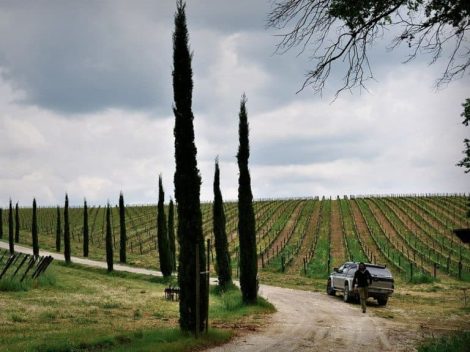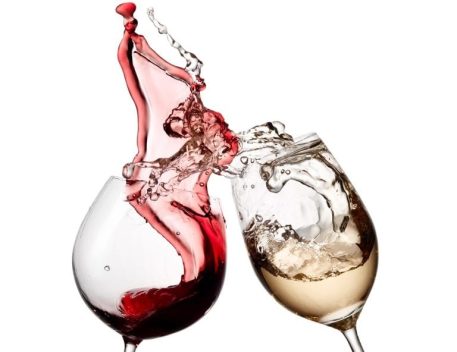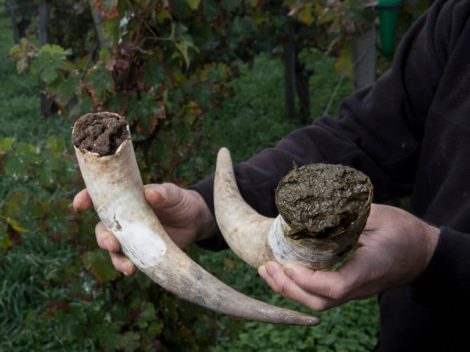by Carlotta Sanviti
No alcohol, canned wine, ready to drink: the future of the wine sector must also include these types of products. In an interview with Wine Meridian, Pietro Russo shares his vision on emerging trends and discusses other dynamics affecting the wine industry. Talking about the growing demand for dealcoholized wines, the third Master of Wine expressed his opinion: "This trend could represent a great opportunity to absorb unsold wine volumes," a view quite different from that expressed in an interview with Gambero Rosso by Josko Gravner, one of the pioneers of macerated Ribolla, who argues they cannot be called wines. However, Russo explains, the Italian regulations also need to be considered, as they do not facilitate entry into this segment, unlike countries such as Germany and Spain, which are much more advanced both in terms of regulations and technology. Recently, even Minister Francesco Lollobrigida, who has always been opposed to this type of product, has opened a dialogue with industry associations, promising a roundtable to establish production rules.
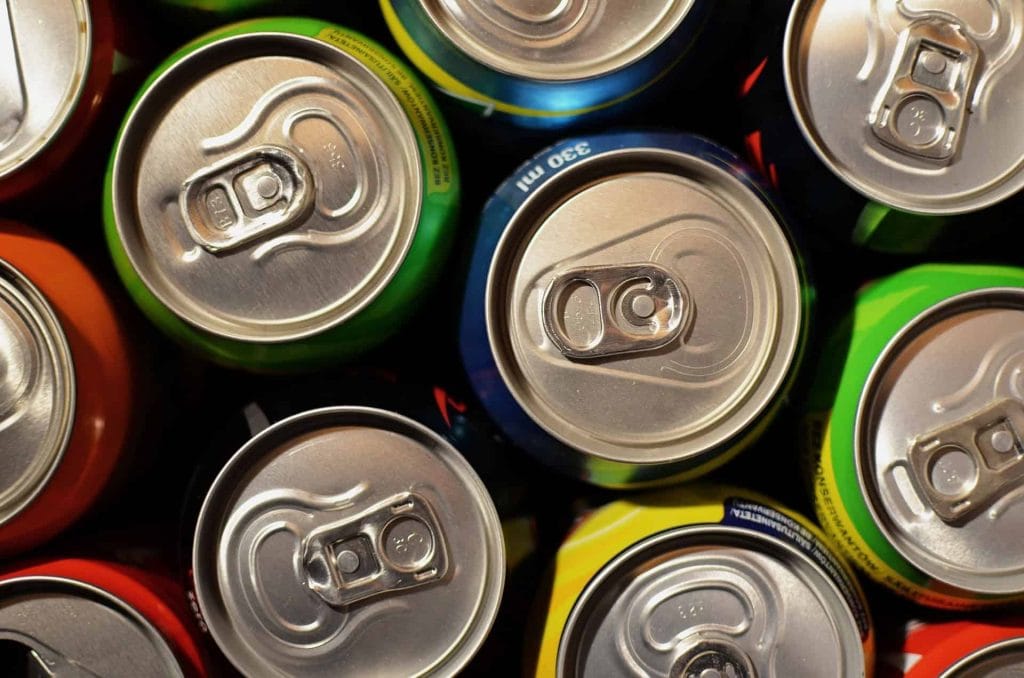
New trends in the sector
Internationally, the market for low and no-alcohol wines is growing, and by 2023, it registered a turnover of over 13 billion dollars (about 12 billion euros). Although Italy represents only a small share of this emerging market (production is prohibited in our country, but dealcoholization can be done abroad), it is estimated that by the end of 2024, consumption of low and no-alcohol wines and beverages will grow by 6 percent, according to IWSR data. "Italy is watching, not acting as a protagonist. We certainly feel more connected to the low-alcohol segment; I think there is a growing attention towards alcohol content and more drinkable, approachable wines. There are various techniques to achieve this goal, primarily at the agronomic level and subsequently in the cellar," says the Master of Wine. Regarding canned wine and RTD (ready-to-drink) cocktails, Russo believes they respond to the needs of a market increasingly oriented towards sustainability and innovation in packaging, stating that this type of product could attract a new segment of consumers, especially younger ones.
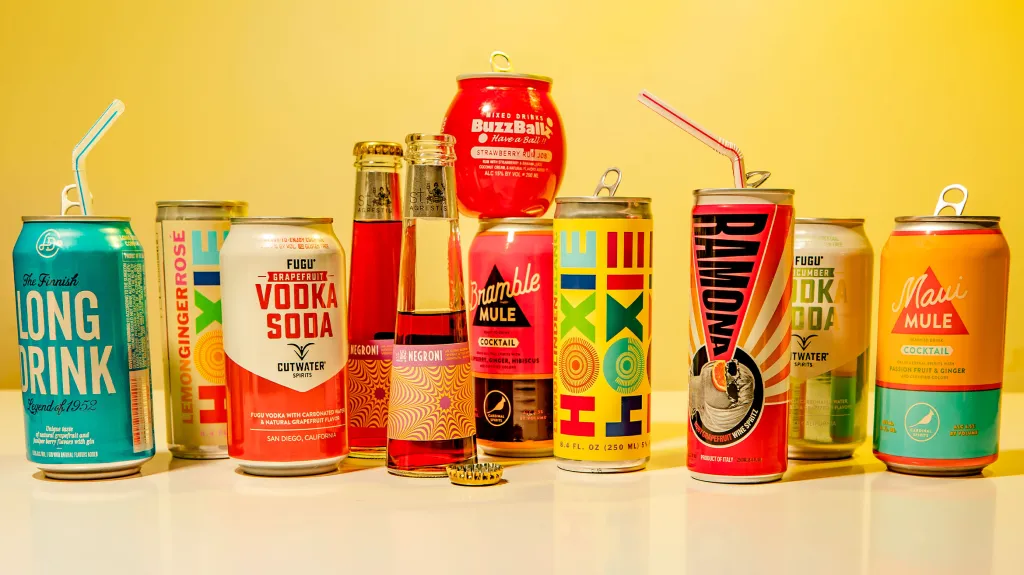
The long-standing issue of vineyard uprooting
Russo also discussed the uprooting of vineyards, a measure already in place in countries like France and California to combat overproduction. On this topic, Italy is essentially divided into two: many small wineries are opposed, while large groups are tempted. "We also need to ask if the OCM measures have actually increased value or just inflated the system and pushed companies to create plantations in non-vocational areas, where vines historically didn't exist and which require significant water resources," he responded to Emanuele Fiorio of Wine Meridian, highlighting the need for a balance between production and consumption. "Especially in some vocational areas of the South where vineyard profitability is already low, we need to worry about protecting and preserving traditional viticulture. In these territories, a different kind of work is needed to enhance production and create job opportunities for young people. If uprooting occurs, there will be major socio-economic and systemic problems."
Emerging wine markets
Despite a drop in exports in 2023, the Master of Wine sees significant resilience in Italian wine. "Despite a decrease in volumes, I see an increase in value," he stated, emphasizing how the sector is doing a good job. "I believe our industry has great growth potential despite the numbers highlighting a period of transition." Among emerging markets for Italian wine, Russo cites those in Southeast Asia, such as India, Vietnam, Thailand, and South Korea, where wine consumption is steadily increasing. He also mentioned Poland as an interesting market with great potential and "Brazil is very attracted to Italian culture, and regardless of the data, this factor is relevant."
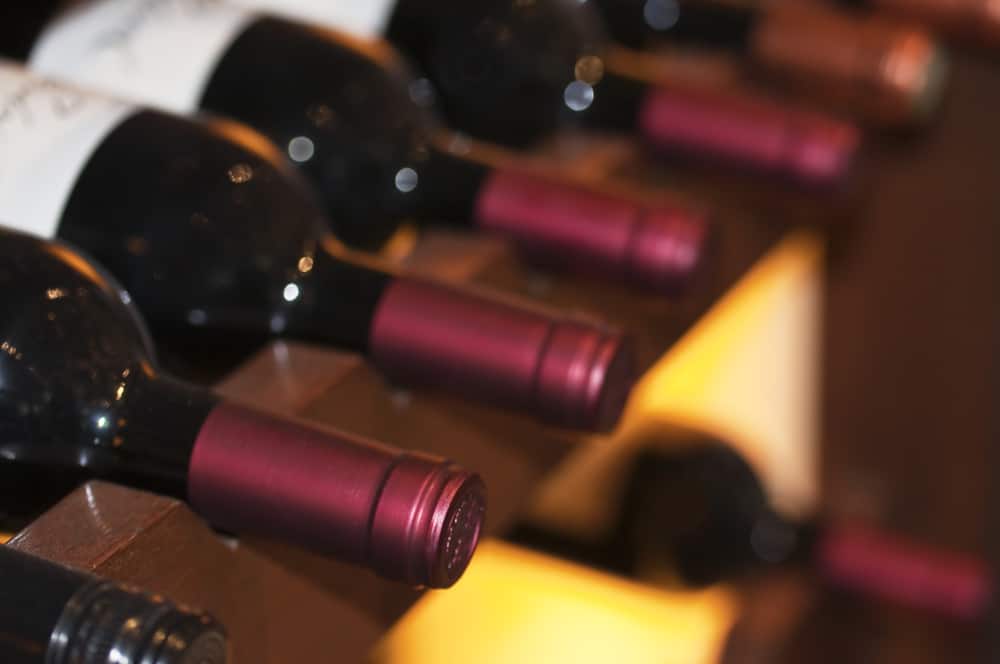
Regarding increasingly stringent European policies against alcohol, Russo expressed concern: "It is extremely difficult to predict how these lobbies will move," he said, highlighting the risk that these policies could negatively impact future generations and underscoring the importance of political commitment to counteract these pressures and preserve the cultural and social role of wine in Italy. Russo also discussed strategies to engage young people in wine consumption, suggesting that the industry must adapt to their interests and ways of communicating, positively citing "wine raves" (which we discussed here), and suggested that pairings like wine-music, wine-art, and wine-culture could also be effective methods.


 God Bless those who don’t forego Stracciatella on the evening of December 25th. Here’s the recipe from a renowned Roman trattoria
God Bless those who don’t forego Stracciatella on the evening of December 25th. Here’s the recipe from a renowned Roman trattoria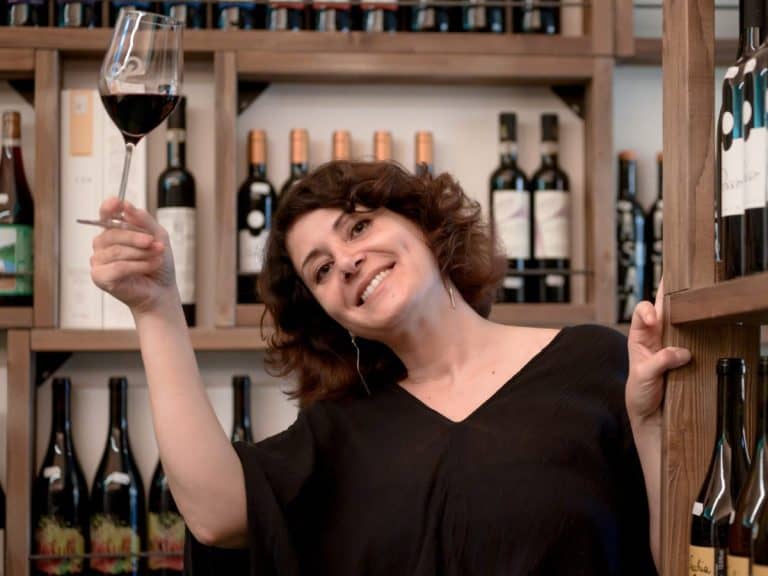 Hidden in an old district of Perugia lies one of Italy's cosiest wine bars
Hidden in an old district of Perugia lies one of Italy's cosiest wine bars Christmas Eve dinner and Christmas Day lunch: festive traditions rooted in Solstice feasts
Christmas Eve dinner and Christmas Day lunch: festive traditions rooted in Solstice feasts George Washington had his secret recipe: here’s how Eggnog made a comeback in Europe
George Washington had his secret recipe: here’s how Eggnog made a comeback in Europe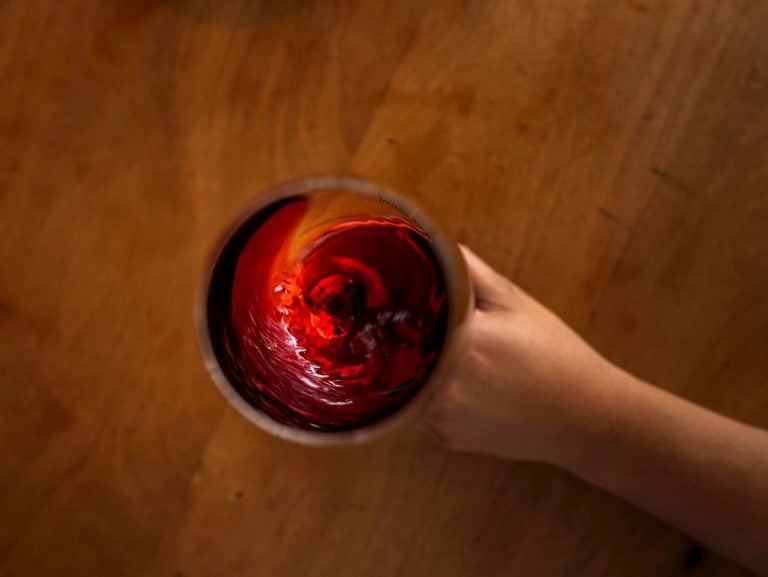 Historical breakthrough: Italy will also produce dealcoholised wines. Lollobrigida signs the decree
Historical breakthrough: Italy will also produce dealcoholised wines. Lollobrigida signs the decree